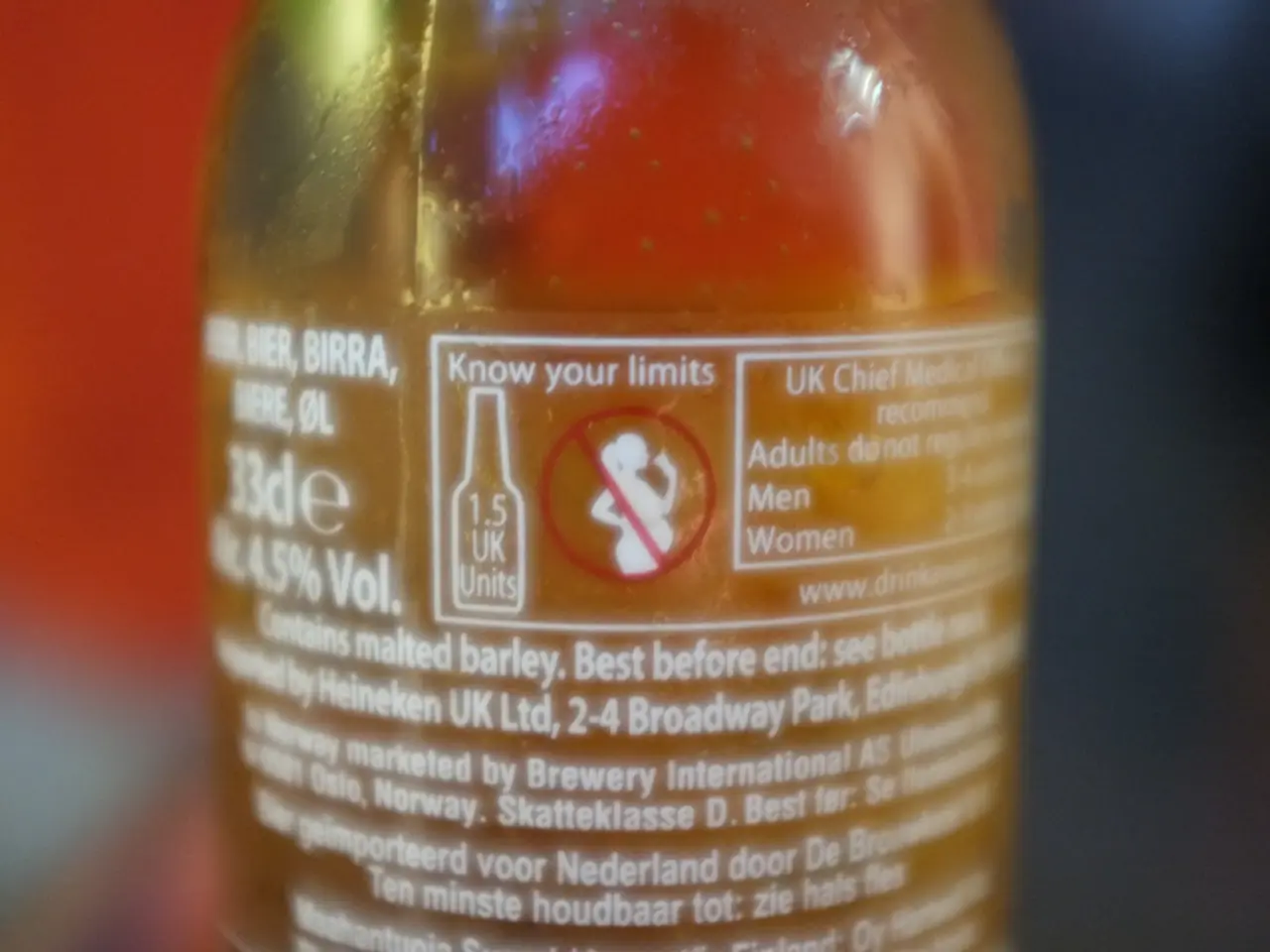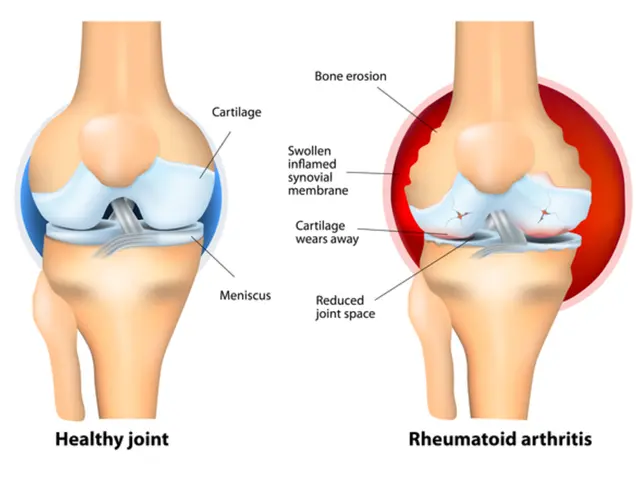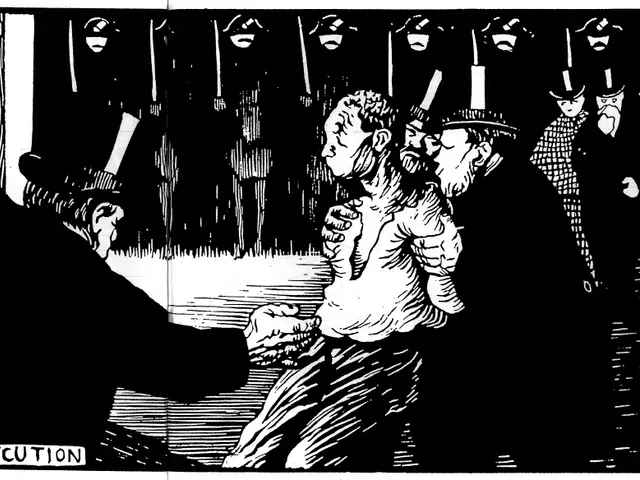Medical Research Studies or Experiments
In the realm of clinical research, Randomized Controlled Trials (RCTs) are widely regarded as the gold standard for establishing the safety and efficacy of new interventions. These trials aim to address "clinical equipoise," a state of uncertainty about the effectiveness of different interventions, by comparing two or more options.
RCTs follow a meticulous process that begins with preclinical research in laboratories, where promising human interventions are identified and evaluated in animal studies. Once a potential treatment shows promise, it moves onto clinical trials.
Clinical trials are designed to test the safety and efficacy of interventions in humans, following the laboratory and animal research. These trials must be approved by an Institutional Review Board (IRB) to ensure ethical conduct and the protection of participants' rights. The IRB is a committee consisting of physician-investigators, statisticians, community advocates, and others who determine whether a clinical trial is ethically acceptable and whether the rights of participants are adequately protected.
The control group in an RCT is given either a standard intervention for the disease under study or a placebo. The randomization process in an RCT assigns participants to either the "experimental" or "control" intervention to keep the two groups similar. Blinding or masking in an RCT aims to reduce potential bias by keeping neither the participant nor the research team aware of which intervention the participant is receiving.
The statistical evidence in an RCT is based on a predetermined algorithm showing that the results are significant and highly unlikely to be due to chance. The commonly accepted level for statistical significance in RCTs is p ≤ 0.05, meaning the probability that the relationship of variables is due to chance is less than or equal to 5%.
It's important to note that clinical research in the United States is primarily sponsored by pharmaceutical or biotechnology companies, with the U.S. National Institutes of Health as the second largest sponsor. However, specific data on the amount of money invested by these sponsors in a given year, such as 2002, may not be readily available.
The journey from initial discovery to market approval for a new drug can be long and costly. Only about one out of every five new drugs that enters clinical trials ultimately receives FDA approval. It can take as long as 20 years and an estimated $800 million to bring a single new drug treatment from initial discovery to the market.
The process of informed consent is a crucial part of clinical trials. It involves disclosing study information to the participant so that he or she has sufficient knowledge to make an informed and voluntary decision to participate or continue to participate in the research. Federal regulations require informed consent from participants in clinical trials, although the goal of informed consent is often imperfectly realized.
In summary, RCTs play a vital role in the development of new treatments by providing robust evidence of a treatment's safety and efficacy. The meticulous process, including informed consent, randomization, blinding, and IRB approval, ensures that the results are reliable and trustworthy. Despite the challenges and costs involved, the potential benefits to public health make the investment worthwhile.
Read also:
- Exploring the Health Benefits of Consuming Plum Liqueur Infused with Oats and Almonds
- Europe's mandatory vaccination programs advocated by health officials in the face of mounting disinformation
- Rural farm communities sound the alarm over the perilous state of livestock deliveries
- Initial Nutrient for Boosting Immune System: Reasoning Behind Blueberries Being an Ideal First Food for Infants







